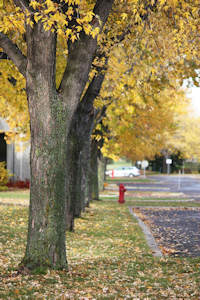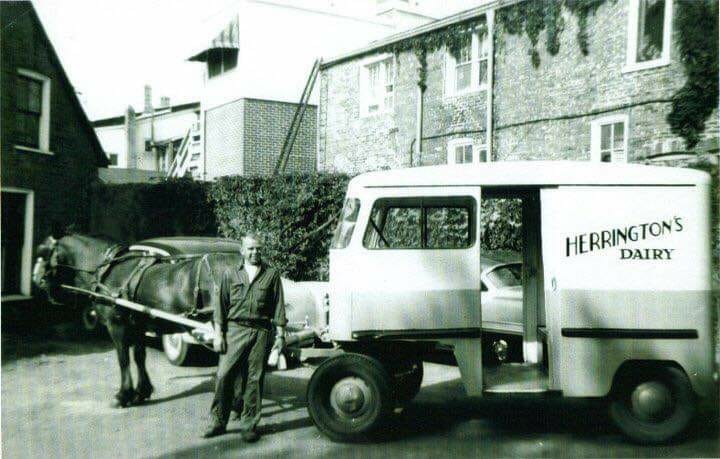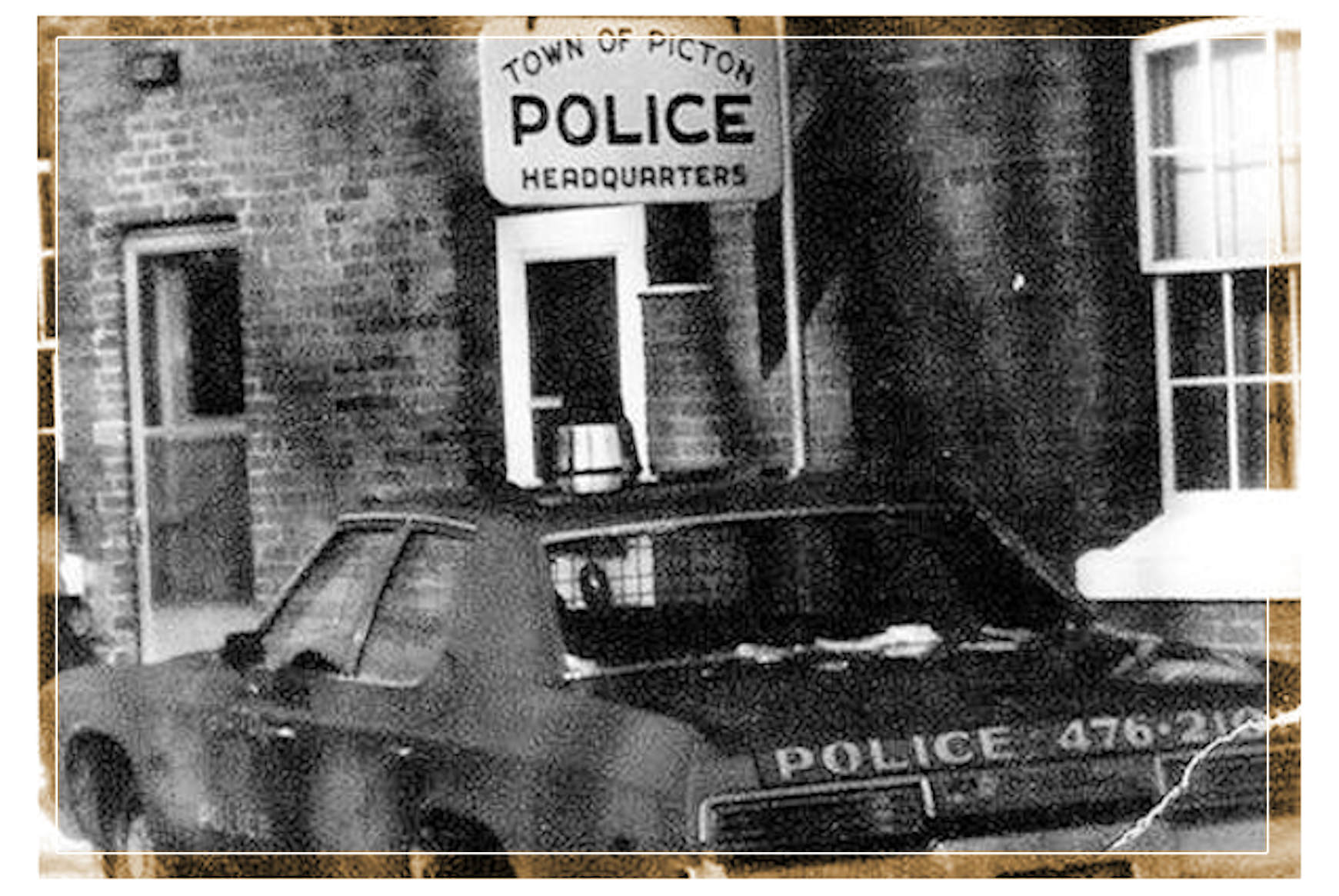The reading of the Riot Act at the Picton Fair in 1969 was one of the most exciting events ever to occur.
 The 1960s – an era of simplicity and a sense of community. Back then, personal safety was a less pressing concern, and our tranquil neighbourhood was akin to a tightly-knit family. Houses and cars stood unlocked, a testament to the trust shared among neighbours. Even the notion of safeguarding important papers in a fireproof safe felt like more of a precaution than a necessity.
The 1960s – an era of simplicity and a sense of community. Back then, personal safety was a less pressing concern, and our tranquil neighbourhood was akin to a tightly-knit family. Houses and cars stood unlocked, a testament to the trust shared among neighbours. Even the notion of safeguarding important papers in a fireproof safe felt like more of a precaution than a necessity.
Yet, amidst this idyllic landscape, the unexpected sometimes occurred. Our basement storage room became a mystery scene where ice cream and bananas vanished without a trace. The culprit? A sneaky youngster, bypassing the boundaries of hospitality and indulging in our treats. It was a small disruption that turned into a humorous tale over time.
 Life unfolded with a charming simplicity. Cash for the milkman, along with the empty bottles, was left on the porch – an unspoken agreement reflecting a time when familiarity bridged gaps.
Life unfolded with a charming simplicity. Cash for the milkman, along with the empty bottles, was left on the porch – an unspoken agreement reflecting a time when familiarity bridged gaps.
The local police officers seemed like an extension of the community itself. When teenage antics stirred the pot, the police knew just what to do – a call to parents to handle the situation often sufficed.
Imagine this scene: the lone police car, emblazoned with the numbers #2 and #3, a comically futile endeavour at concealing its identity that left no one fooled.
This marked a slight improvement from the policing methods of my parents' generation. It was a different age, and Bert Biddle, the town's sole police officer, patrolled on a bicycle. A humorous tale of teenage shenanigans involves Bert's bicycle pursuits – unruly youngsters would elude his huffing bicycle only to rekindle their mischief on the opposite end of town. As years went by, even Bert adapted, calling a taxi for swift responses.
Fast forward to today. The once-familiar faces of neighbours have given way to a more intricate tapestry of residents. Law enforcement, once characterized by a solitary officer on a bicycle, has evolved into a provincial endeavour with a detachment of over 40 officers, complete with a fleet of cars and boats. The progression is undeniable, a testament to changing times and a gentle reminder of the charms that once graced our serene streets.
Did you know that the global Crime Stoppers program was the brain-child of a Picton-born native?
 Did you ever imagine that the ingenious concept behind the global Crime Stoppers program had its roots in the quiet town of Picton? The mastermind behind this groundbreaking initiative, Greg MacAleese, was actually born in Picton and spent his early years there, while his father served at Canadian Forces Base Trenton and later at Mountainview Airport. The MacAleese family's journey then led them to Alberta, and eventually to a new chapter in New Mexico in 1961.
Did you ever imagine that the ingenious concept behind the global Crime Stoppers program had its roots in the quiet town of Picton? The mastermind behind this groundbreaking initiative, Greg MacAleese, was actually born in Picton and spent his early years there, while his father served at Canadian Forces Base Trenton and later at Mountainview Airport. The MacAleese family's journey then led them to Alberta, and eventually to a new chapter in New Mexico in 1961.
It was in Alberquerque, New Mexico, where MacAleese embarked on his career in law enforcement, joining the police department in 1973. His time as a homicide detective would eventually spark the birth of Crime Stoppers. The catalyst for this revolutionary idea occurred in July 1976 when a tragic incident unfolded – a university student lost their life during a gas station robbery. Despite six weeks of diligent investigation, the police were grappling with limited leads to crack the case. This is where MacAleese's visionary concept emerged.
He proposed a unique approach: to dramatize the crime and offer a reward to motivate the community to come forward with crucial information. MacAleese collaborated with a local drama club, orchestrating a re-enactment of the incident that was later aired on the local television station. To fuel the reward fund, he even dipped into his own pocket. Initially met with skepticism from his peers, MacAleese's innovative strategy bore fruit within an astonishingly short 72 hours after the re-enactment aired. The police received invaluable tips that played a pivotal role in solving the murder. Thus, the seeds of Crime Stoppers were sown.
Since its inception in 1976, the Crime Stoppers program has blossomed into a global phenomenon, with over 1700 programs spanning 32 countries. The impact is staggering: more than 425,000 crimes have been resolved, and a staggering $8 billion worth of stolen property and narcotics have been seized, highlighting the program's profound effect on crime prevention and resolution. Source: Canadian Crime Stoppers www.canadiancrimestoppers.org
If you ever find yourself needing to anonymously report a tip about a crime, you can reach out to Crime Stoppers at 1-800-222-8477 (TIPS) or submit a tip online at www.crimestoppersquinte.ca By doing so, you might qualify for a cash reward of up to $2,000, further underlining the program's commitment to fostering safer communities through community collaboration and innovation.

